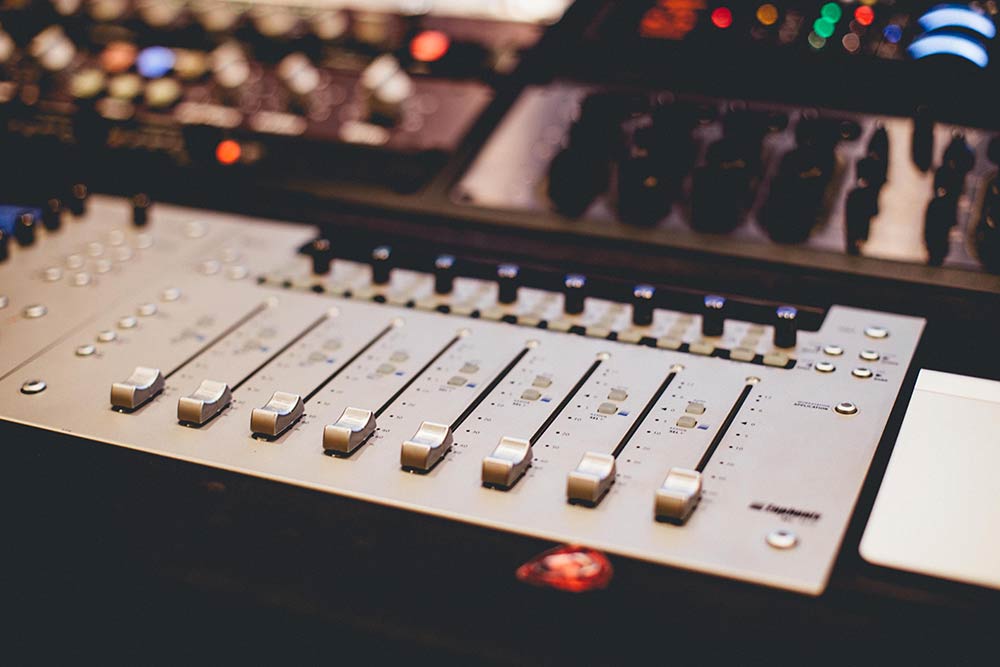
Music production is the process of creating a song or piece of music by capturing, editing, and arranging audio recordings. It involves a range of tasks including songwriting, arranging, recording, and mixing, and can be done using a variety of tools and techniques. Whether you’re a professional producer or an aspiring musician looking to create your own music, there are a few key things you should know about music production.
First and foremost, it’s important to understand that music production is a collaborative process. While it’s possible to create a complete song on your own, it’s often helpful to work with other musicians, songwriters, and producers to bring your ideas to life. Collaboration can help you get feedback, find new inspiration, and tap into the expertise and skills of others.
One of the key tools used in music production is a digital audio workstation (DAW). A DAW is a software program that allows you to record, edit, and mix audio tracks. There are many different DAWs available, each with its own set of features and capabilities. Some popular examples include Ableton Live, Logic Pro, and Pro Tools. When choosing a DAW, it’s important to consider your specific needs and goals, as well as your budget.
Once you have your DAW set up, the next step in music production is songwriting. This involves coming up with a melody, lyrics, and chord progression for your song. Songwriting can be a challenging process, but there are a few tips that can help you get started. First, try to find a theme or idea that you’re passionate about. This can help you stay motivated and focused as you work on your song. Next, experiment with different chord progressions and melodies to find a combination that sounds interesting and unique. Finally, don’t be afraid to try out new ideas – sometimes the best songs come from taking risks and stepping outside of your comfort zone.
Once you have a basic song structure in place, the next step in music production is recording. This involves capturing audio performances of each instrument or vocal part using a microphone or other recording device. When recording, it’s important to pay attention to the sound quality and make sure that the levels are balanced correctly. You may also want to consider using effects like reverb or delay to add depth and character to your recordings.
After you’ve recorded all of the audio tracks for your song, the next step is mixing. Mixing involves adjusting the levels, panning, and effects of each track to create a cohesive and balanced final product. This can be a complex and time-consuming process, but there are a few key techniques that can help you get started. First, try to create separation between different instruments by using panning and EQ. Next, pay attention to the levels and make sure that each element of your mix is audible and well-balanced. Finally, consider using effects like reverb, delay, and compression to add depth and character to your mix.
Once you’ve finished mixing your song, the final step in music production is mastering. Mastering involves taking the mixed audio and preparing it for distribution. This includes tasks like adjusting the overall volume, applying final EQ and compression, and adding any necessary metadata. Mastering can be a complex process, and it’s often best to work with a professional mastering engineer if you want to achieve the best possible results.
Music production is a complex and multifaceted process that involves a range of tasks and skills. Whether you’re a professional producer or an aspiring musician, learning about music production can help you create better music and reach a wider audience. By understanding the key principles and techniques of music production, you’ll be well on your way to creating great music and achieving your musical goals
